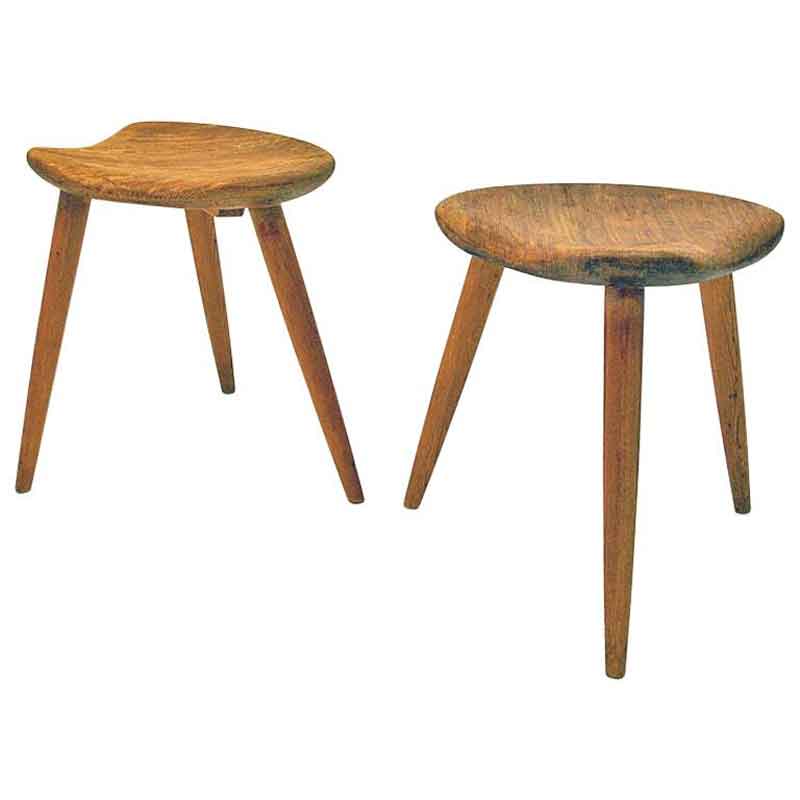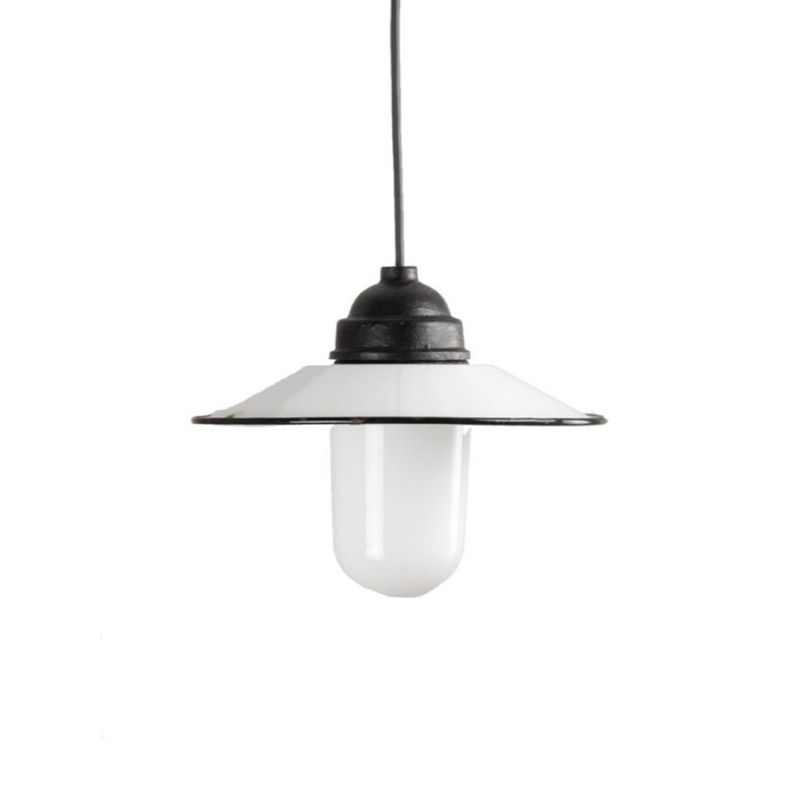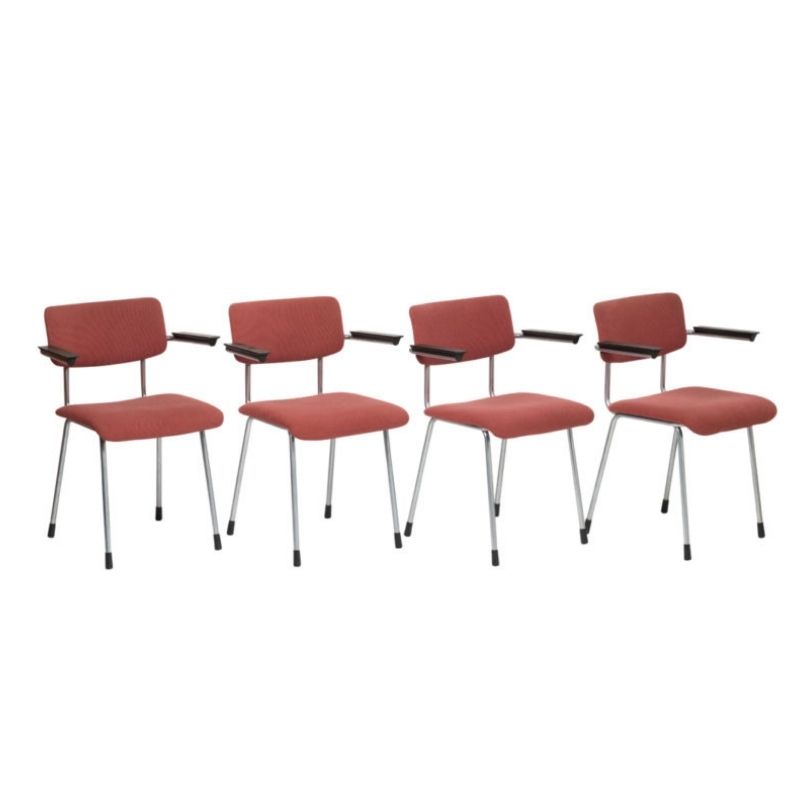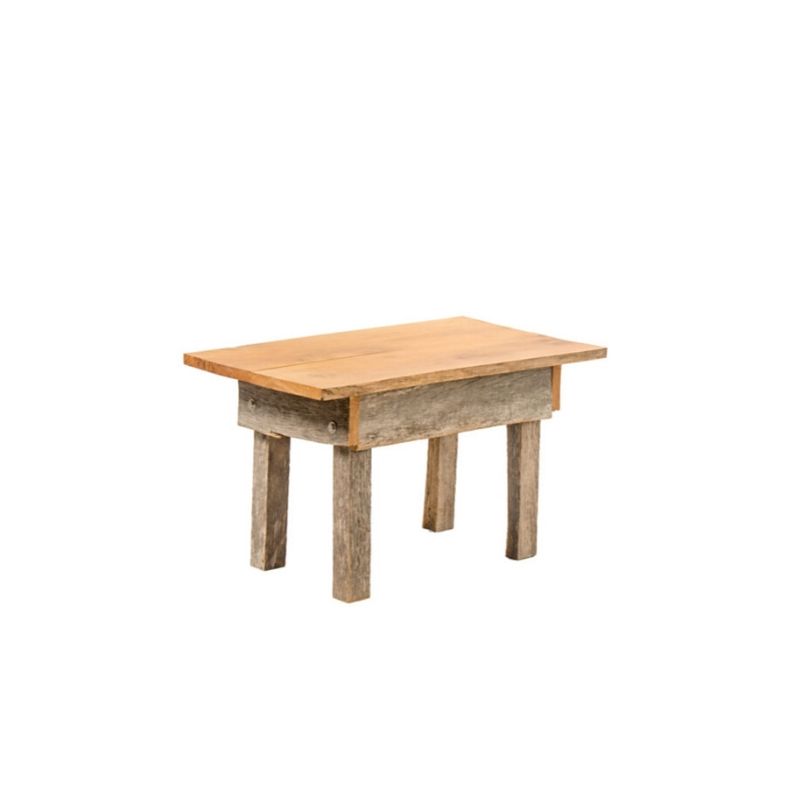Yup.
It might be a Thermos bottle, or a Scotch tape dispenser, or a Luxo lamp. It achieved its state of the art a long time ago, and it's used without a second thought. The tin washboard and folding wood-and-wire ironing board, and most of the kitchen crockery and utensils, were further examples of anonymous, generic items of use, taken for granted and valued, both. Not good enough for the postwar American housewife -- or not good enough to attract new sales, anyway -- they were left behind, replaced with newer models, in the colorful and chrome-plated nineteen-fifties.
.
I am not an economist either,
I feel it,s like "magic". And we need to discover which is the trick behind of.
"economy" Big tree with many branches, economy / marketing / management / finances, it,s not all the same.
SDR, you said:
"I have the disadvantage of almost complete ignorance about the economy (as it is called). Can anybody help me here ? Are we fated to continue to make things that no one in their right mind would buy -- that serve no useful purpose beyond irrational vanity or some hyped pseudo-function -- but which sell in satisfying quantities anyway ? Are we really dependent upon such business ? I am in the dark about this."
But, that's not economy to me, it, s more like "marketing"
Did anybody read No-logo by Noami Klein?, She wanted to write an anti-logo book, but poor her, she ended writing the best marketing book ever written! (and I don,t know why marketers hate her, instead of seeing it, that way).
The big trick is in the first sentence of no-logo:
"The astronomical growth in the wealth and cultural influence of multinational corporations can arguably be traced back to a single, seemingly innocuous idea:
that successful corporations must primarily produce brands, as opposed to products."
THAT SUCCESFUL CORPORATIONS MUST PRIMARILY PRODUCE BRANDS, AS OPPOSED TO PRODUCTS.
I do not want to bore with endless examples?
When I walk in the street and see ads, I really get angry when discover some of those little tricks. The worst of all it,s that if we make a great effort we could realize 10% of all.
I bought a bit of water with colorant and sugar, and they told I bought ,the factory of happiness,, the factory of happiness.
"If we made fewer and better goods, would the reduced volume, despite a partial offset in higher unit prices, mean that jobs would be lost or that other economic realities would cause the society as a whole to suffer "
We have to see if it,s the right direction.
If we avoid prostitution and drugs, we,ll also have lots of unemployment!
When the companies decided to make things in this direction did it for a bigger profit, so fewer and better goods, it,s synonymous of better jobs.
The economy "more healthy" to me, it,s the "real economy" . For the others we need to learn Magic.
Finch: "A scented candle might outlast your I-Pod" magic/economic May be you may add something?
Koen: Nice, and hard to catch, the concept that you said. Can be called "future value"?
Heath:"I'm too poor to buy crap" that,s REAL economy!
it is very clear that all...
it is very clear that all posting here are very small consumers. we might feel like we could do more, but
if the majority of americans lived like we do, we would have massive unemployment. i've not been in a
shopping mall in 25 years or frequent fast food. i doubt SDR wanders a mall on sat afternoon looking for
a shirt to match a pair of pants purchased the week before at a mall. catch a matinee, have a dog and
orange julius (does orange julius still exist?).
where did the golden rule come from that says to get rid of clothing not worn within a year?
my wardrobe seems a bit massive, but i still have many things from 20years ago. i shop in my own closet.
the pre-holiday 'green' was embarrassing. who needs a t-shirt from a 5th ave boutique that says
'go green' like a cheerleader.
collecting clocks is a design addiction. i don't have a problem with it at all. i really enjoy the clock postings.
i only have one. but having a few or 15 is still not necessarily consumer waste. my addiction is chairs but
no room for many. i do like studying them. most of the high end chairs are one-offs or limited editions.
one tiny example of useless design. (hope the link works)
i actually bought one on-line last year. plastic. made in china. uses only one recycled bottle. came in a big
hard plastic package. and doesn't work! it was not engineered with airation in the handle behind the spout.
it spits and dribbles. what do i use for house plants? what i have always used...a stainless restaurant water
jug i picked up 20 years ago at a thrift store. timeless simple design. i didn't throw the plastic spout away.
it sits on my office shelf as a reminder of a useless purchase. right next to a certificate of the star my
father-in-law bought us one holiday...
http://www.designboom.com/contest/view.php?contest_pk=6&item_pk=1807&p=1
Dear Gustavo...
I hope you do not intentionally wanted to start a discussion on brands...
I guess we all read Noami Klein's "No Logo", so I am not going to comment on the book. One aspect that always seems to get lost in the process is that most large brands pre-date branding. In other words branding is like politics: predict the inevitable and take credit for it. GM, Ford, or Kodak, K-mart, Kleenex, Knorr for those who think that strong brands have something to do with the letter "K" (as in Koen) Philips, IBM, BMW, Mercedes, Addidas, Chanel, Samsonite, Tupperware, you name them, they all existed long before anybody had mentioned the word branding. All these brand names had been build up by earned reputation. Simply as the direct consequence of the quality...or lack of quality of the products or services they produced. There is little doubt about the fact that a brand can be build up, in fact it builds itself just by being there. But it is not proven yet that it can be build artificially. When I joined what is now Mepal/Rosti BV. the company had never ever spend a dime on advertizing...and yet it had almost a monopoly on melamine kitchenware in the Benelux (Belgium, the Netherlands and Luxemburg)and was the second best recognized brandname after the Dutch electronic giant Philips.
Not only is "Branding" wildly overrated, the critics of it are also overestimating how easy it is to influence people. Look at the amount of times the Ford brand shows up on your TV screen. Has it made any difference in how the brand is seen and does it gets Ford out of there well deserved financial nightmare? No. They pretend there is a conspiracy, when it is just the nature of the system. Unfortunately it's a well oiled viscious circle: All our media, without any exception, are kept alive through advertizing, so...who is going to tell the advertizers that it does not work...?
I know there are brands that have been build up in the last 10-15-20 years, with the help of advertizing, but I suspect that in most cases, (Starbucks, etc.) the advertizing came when the product and brand had been proven. I know for a fact, because I was part of that effort that we introduced the Bodum brand in Canada to a level where more Bodum was sold in Canada than in the 10 times larger U.S. without ever spending money on advertizing. We started to advertize when the brand was so well known that you could simply ask for a Bodum coffee in a restaurant and get it...most of the time.
My hope is...with Olive...that the "green" brand and "green-washing" get's people upset enough to start talking about the real thing.
Ultimately what has to happen is that we take less from the environment and put only good things back in
We need to restore the balance that has gone kerflooie since WWII. Sadly our economy (world-wide) has bed=come one of consumption cnsumption consumption not one of preservation sustainability and stewardship as in generations past. Frugality and simplicity became negatives instead of positives. My New England Yankee forbears would roll in their graves over that.
I forget the name of the economist that is famous for developing the concept of consumer economics. But the intent was the whole american slang of 'Keeping up with the Jonses'. Buy buy buy buy or else you.re not a worthy person. That kind of think has to go.
This thread is really getting somewhere I' having the time of my life reading it!
Glad
you got it going !
I was waiting for more input on the question: what would happen if fewer disposable objects (non-durable goods) were made -- the implication of which is that fewer manufactured goods in toto would be produced each year. This seems to be the inevitable companion to the desiderata expressed so far, and I would be all for it. But what would be the consequences to the world economy ?
How could this be accomplished ? What is money ? What is wealth ? Even given the realities of banking and capitalism, of the apparent necessity to exchange labor for goods and services, and of the inherent inequalities among individuals and among societies, would it be possible to cut back on the making of unnecessary goods, the ever-growing churning of natural resources and the cycle of making and discarding ? Is that even possible ? If not, what are the alternatives ?
disposable vs inherent value
In all this talk we are circling around an important factor of design: inherent value.
We assume (and rightly so) that the cheap plastic crap being sold at Walmart is...well...cheap and crap. Why is this? Because we see it as having no inherent value- in purchase cost, lifetime use, or resale. We have nothing invested in certain products and relegate them to 'disposable' status. Someone once asked of the DA Forum "Will Ikea products ever gain iconic status" - the answer was a resounding no. Ikea products lack any of the qualities we, as conscious consumers, deem valuable. This trait can be seen across many of our consumables - both durable goods and consumer goods. We don't hang on to consumer goods because we already think about them as disposable. We invest in certain things because we see them as having inherent value. A car devaluates monetarily from the minute you drive it off the lot - but the functionality of it is what we primarily invest in. A car that is 10 days old or 10 years can still perform its basic function.
To be most effectively 'green' designers should be creating objects that will have the most inherent value. As Koen points out, material - from its raw states through production, lifespan, and disposal are huge considerations. Add to that a versatility of form - as in Rocklands water pitcher, with no frilliness or excess. And also a clearly defined, effective solution to the objects funtionality.
We can see, historically, that these trends correspond to the most enduring of designs. Of course, these trends will never be universal- but they can be the majority as more and more people take conscious actions that bring them away from a 'disposable' mindset. If not we may end up, as George Nelson said, with "Junk as (y)our ultimate ladscape"
the average american would...
the average american would not have to work so hard,
to buy the useless crap they don't need,
to impress someone that doesn't care...
spend time with your kids.
they want to play with you or the box, not the toy.
(helps that some of the boxes are good lookin')
credit card debt in this country is out of control.
when did it become acceptable behavior to throw money out the window.
5% of the average income is credit card debt.
that is crazy...
(i would guess 10% judging by some
co-workers obsession with Prada)
.
This will probabaly seem naive but I just don't understand how people can buy rubbish, everyone complains about how hard they work and how long the hours are and then they go and spend their earnings on shit thats going to break in six months, these morons have to get off that roundabout *shakes head*
I often feel I'm closer in behaviour or attitude to my grandparents generation than my parents, my family don't really undertsand why I won't have a television or refuse to go near a microwave, there is just something lazy and ugly about both, can't explain it really.
This could take some time...
....but I'm willing to give it a go.
What I'm meaning here is that I'm not quite sure how to explain why Iv'e always( since early childhood ) felt a certain way about seeing things being chucked in the bin when they appear to be in good working order.
It's not something I've been taught by my parents and I certainly wasn't made aware of it through school. It terrifies me and over the last ten years I've witnessed this madness get completely out of hand.
I helped a friend with some stuff to a public refuse disposal amenity recently and was totally horrified to see the amount of white-goods,computer gear,televisions,bicycles and all other manner of household things which appeared to be in good condition....being junked. I felt I had to find out how long it had taken to amass such a collection, so I found the guy in charge and he said that 'the yard was completely clear this morning' ! We had to Q to get in and wait to get out.
I'll cut to the chase and suggest that the main problem we overlook is in education. There's no apparent policy, within education up to the age of say- 16, for the appreciation of aesthetics or design. Art and design always get the 'useless' tag in education but I believe they hold more moralistic qualities than any other. What is it that makes everyone on Design Addict so aware of form and function ? I have no answer to this question but I will suggest that the majority are MUCH more aware of consequence and sustainability than the general public.
I have a few suggestions for anyone in Government. These ideas, I believe, are the most obvious and basic areas that need immediate attention :
1. Immediate ban on the issuing of plastic carrier bags to the general public. There would be no uproar, no mass suicide, just the simple task of remembering to take a bag for your shopping and after youve forgotten once your bound to remember.
2. An immediate and very substantial Government investment into CFL light technology leading to a complete ban on the usage of incandescent bulbs.
Obviously gradual introduction . The same for the automobile industry....investment into alternative power sources and appropriate taxation of big-burner vehicles.
3. New legislation for appliances to have compulsory auto switch-off and complete shutdown.
4. I think for the masses to start to take an interest in global harmony there will have to be some form of reward system introduced to applaud those of us who are making a commitment to using less and being more discerning.
5. It would be great to think that local food processors and small business operators could rely on a much reduced tax tarif for organic sollutions to food supply eg. farmers markets .
Continued....
These are a few things which occured to me after reading through this post. Interesting enough reading , much regurgitation of what we already know but little in the way of suggestions for change.
I'm as hypocritical as the next guy as I still use incandescent bulbs in my designs. If I had an alternative CFL which gave similar qualities ( and CFL's have came a long way recently ) to regular bulbs I would embrace it straight away. LED technology has lept forward over the past few years too but is limited.
I was quite happy re-cycling everything possible then I read 'Cradle-to-Cradle'........ a wonderfully enlightening read but it sure burst the tyres on my re-cycle !
Olive...one point about the new light bulbs...
I have a bunch of MCM lamps and most of them don't seem to work as well with the new energy-efficient bulbs. In some cases, the new bulbs don't fit!
But at this point, my main issue with those new bulbs is they don't shine as bright as the older incandent bulbs do.
I'd love to replace all of my bulbs, but I cannot, at this time.
It is frustrating.
Luckily, most everything I own (mostly Herman Miller and Knoll) seem to be made of appopriate materials. All of my upholstered pieces are either new or have been recent reupholstered, so no nasty latex foam or environmentally bad glues and paints.
.
It is the same here, though at garbage tips we have charities or local councils that manage on site shops that rescue the best from landfill. I see some crazy things being thrown away, last week a Smeg oven, cooktop and fridge set sitting in a yard just getting wet. I would have snapped it up had I any use for it all.
It is heartening to see people queuing to get into this place though, mostly men or dealers.
We are busy having floods at the moment and of course everyone is claiming that their white goods are wet and ruined for the insurance payout instead of just letting them dry out.
No one has mentioned water conservation yet, its obvuiosly a big concern in Australia but at least the water that does fall from the sky here is pottable, how goes it in Europe and the US? Does anyone with a rain water tank just use it for the garden? And do toilets in the US still fill all the way up to the top of the bowl before flushing?
If you need any help, please contact us at – info@designaddict.com









